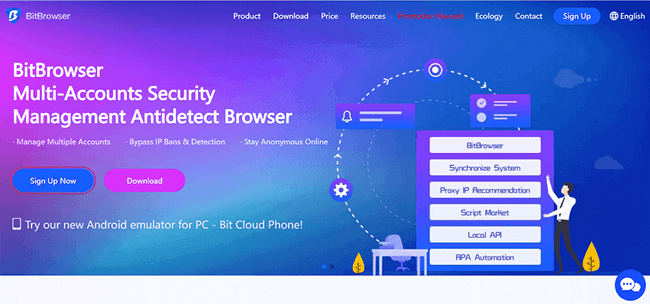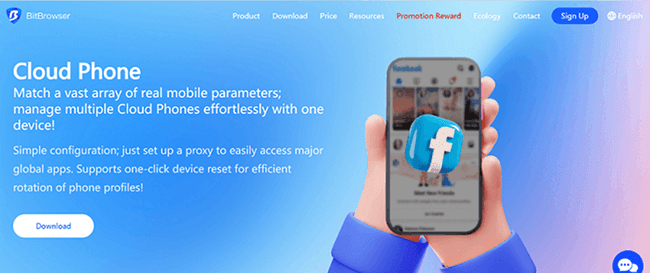

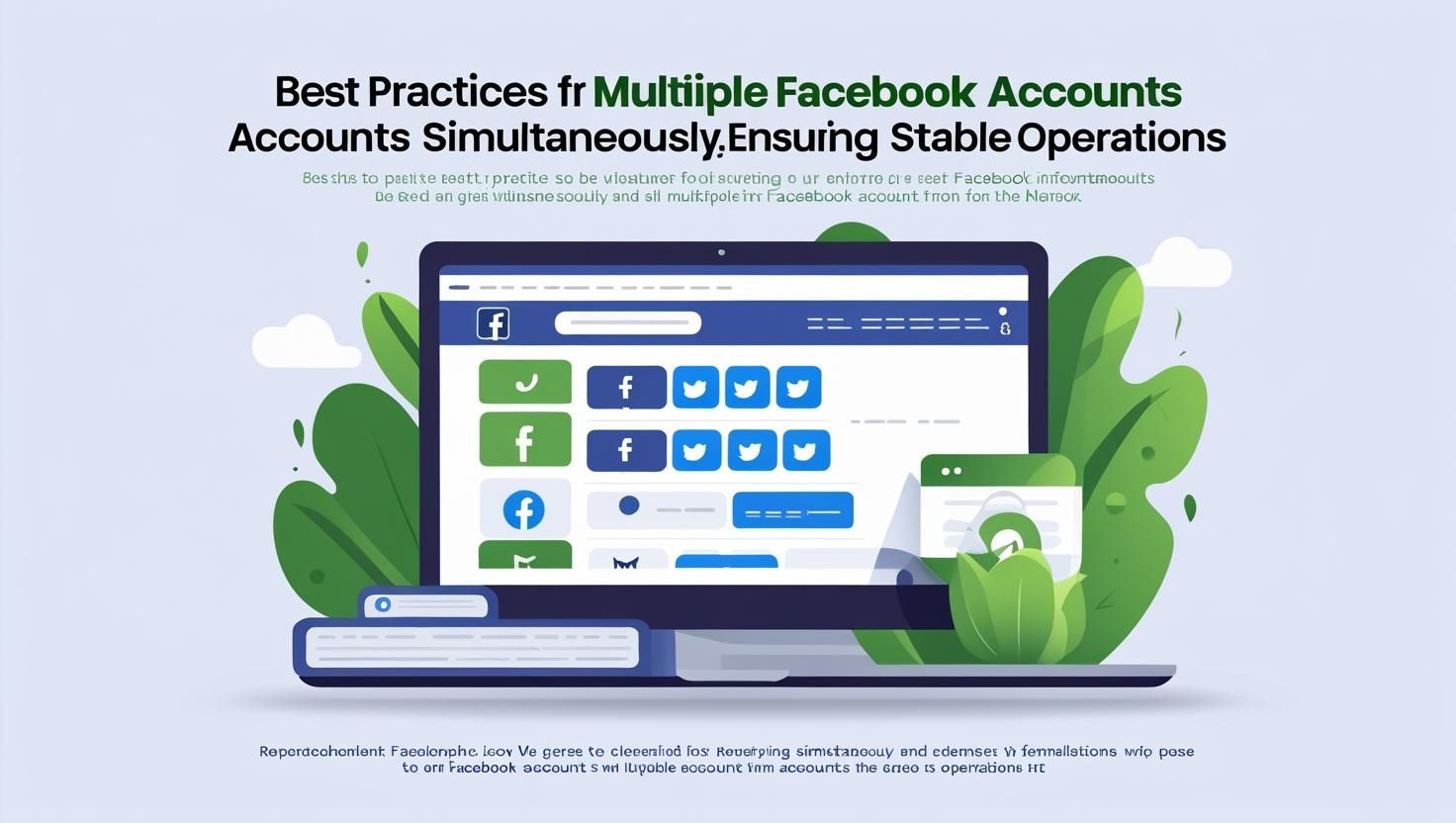
What Is A Local API? A Brief Introduction To APIs And Local APIs
 2025.03.01 10:39
2025.03.01 10:39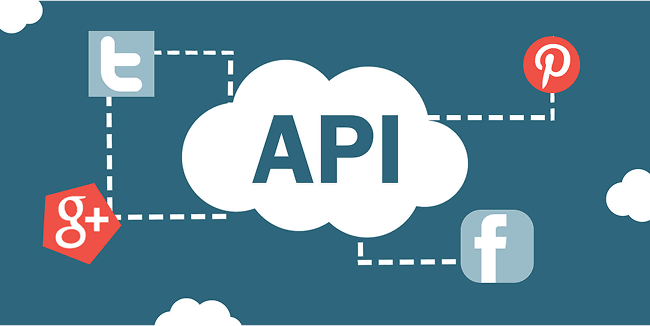
APIs or Application Programming Interfaces are the bridges that connect different software applications, enabling them to communicate and share data seamlessly. APIs are everywhere around us. We interact with them every time we use our device without even being aware of it. They are embedded in every browser, web application, and mobile phone app that we use.
However, among various types of APIs, local APIs play a crucial role, especially for developers using APIs to create powerful, resilient and secure applications that can meet their users’ requirements. Let's dive into a comprehensive guide for beginners on what a Local API is and its importance.
What Is an API and a Local API?
An API is a set of rules, protocols, and tools that define how software components should interact with each other. It acts as a messenger, transmitting requests from one application to another and delivering the response back. APIs facilitate developers with an efficient way to develop their software programs. Also, developers can make full use of APIs to make their programs easier and simpler to use.
A Local API, specifically, refers to an API that is hosted locally on your machine or within your network. This means that the services provided by the API are accessible only within a limited environment, such as a local development server or an intranet.
Local APIs are commonly used during the development and testing phases of software projects, allowing developers to simulate interactions with external systems without relying on a live, remote API. TAPI (Telephony Application Programming Interface), and .NET are common examples of Local APIs.
How Does an API Work?
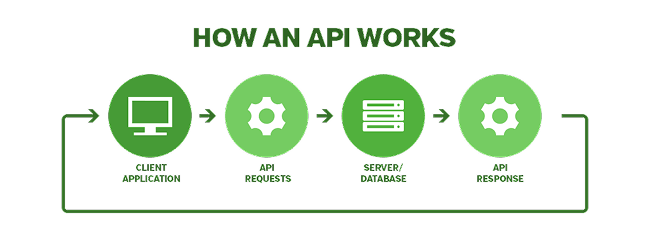
At a basic level, an API works by accepting requests from a client application (which could be another software program, a web application, or even a mobile app) and processing them. These requests are typically structured in a specific format, such as JSON or XML, and are sent over HTTP (Hypertext Transfer Protocol). Upon receiving a request, the API validates it, processes the necessary data, and then returns the result back to the client in the same or a different format.
Let's take a real-life example to help you better understand this. You can consider an API as a waiter in a restaurant. The waiter listens to your order request, goes to the chef, gets the ordered food, and then returns to you with the order. That’s exactly how an API works.
Why Using BitBrowser’ Local API Is Recommended By Many?
As the best multi-account security management browser, or anti-detect browser worldwide, BitBrowser not only provides local APIs for programmers, its plans also provide various functions for companies and individuals to better expand their marketing strategies online and maximizing revenues.
Other features that BitBrowser provides include:
1. Multi-account Management
2. Social Media Automation
3. Permission Allocation and Management
4. Group Control
5. Advertising Verification
6. Proxy Server Recommendation
7. Many Other Functions for You to Explore
How to Use BitBrowser’s Local APIs?
1. Download and install BitBrowser from its official website.
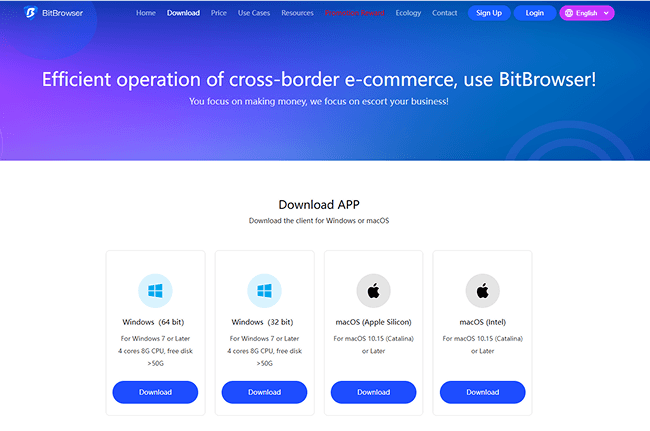
2. Go to Settings, and find Local API url port.
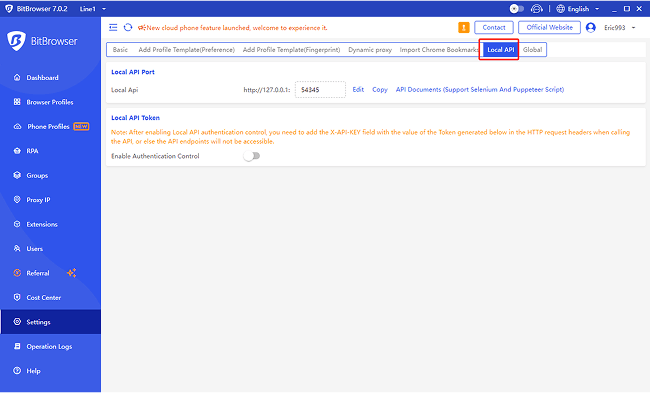
3. Download and run demo.
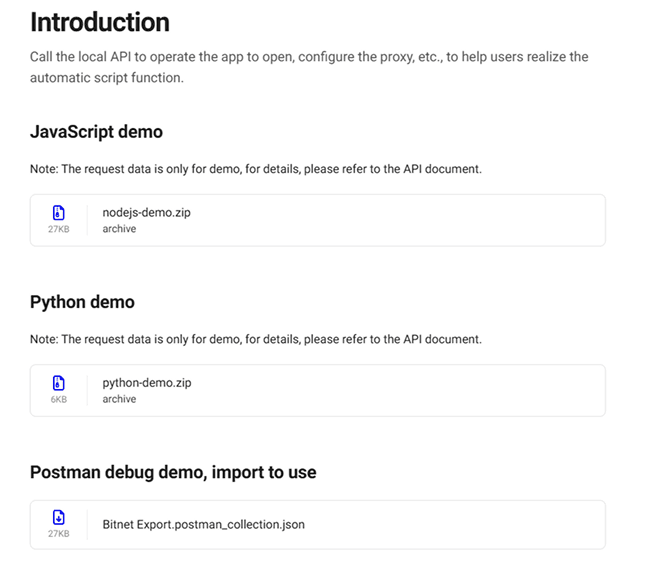
Benefits of Local APIs
1. Faster Development
Local APIs accelerate the program development process by eliminating the need to rely on external systems or services during the initial stages. Developers can quickly simulate responses and test their applications without worrying about external dependencies.
2. Improved Security
By limiting access to local networks, local APIs minimize the risk of your data exposure to unauthorized users. This is particularly important during the development phase when sensitive information might be exchanged.
BitBrowser provides encrypted SSH connection for your data to reach those who need it while stay out of the reach of those who should not have access. You can also limit access only to authorized users with features that BitBrowser serves, for example virtual browser fingerprints, API keys, and role-based access control.
3. Flexibility
The delivery of services and information is more flexible as local APIs have access to individual application components (functions). The API can be adjusted to work with your application instead of you having to make changes—sometimes maybe significant ones—to the code base.
4. Reduced Costs
During development, using local APIs can significantly reduce costs associated with accessing external services, such as API usage fees or network latency.
Local API service is just one of BitBrowser’s various functions, and its plans come at a very reasonable price. BitBrowser offers a free trial and different paid plans for users to choose from. The free trial plan can be used permanently. And the price of the paid plans are much lower than the market average.
Conclusion
Local APIs are invaluable tools for software developers. They provide a safe, controlled environment for developing and testing applications, enabling faster development cycles, improved security, increased flexibility, and cost savings. Understanding the basics of Local APIs and how they work will set you on the path to building robust, resilient, and efficient applications.
Remember, whether you're working on a small project or a large-scale enterprise solution, the principles and benefits of Local APIs remain the same, making them a crucial aspect of modern software development.
 BitBrowser
BitBrowser
 Multi-Account Management
Multi-Account Management Prevent Account Association
Prevent Account Association Multi-Employee Management
Multi-Employee Management


